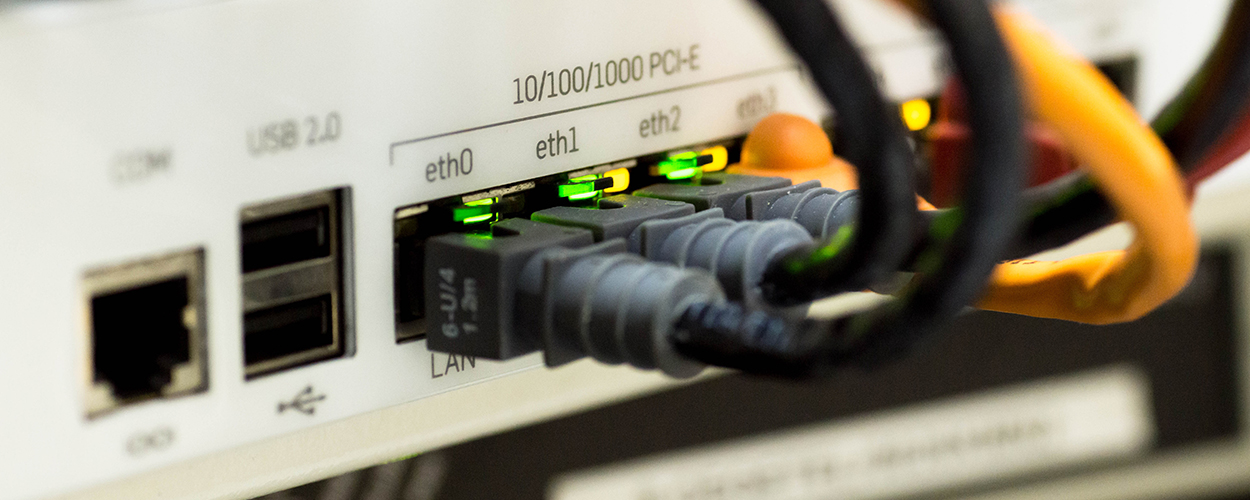This website uses cookies so that we can provide you with the best user experience possible. Cookie information is stored in your browser and performs functions such as recognising you when you return to our website and helping our team to understand which sections of the website you find most interesting and useful.
Business News Digital Legal
US Congressman proposes full-on reform of America’s Digital Millennium Copyright Act and its safe harbour
By Chris Cooke | Published on Thursday 12 November 2020

Thom Tillis, the US senator who co-led a series of discussions in Congress earlier this year on America’s Digital Millennium Copyright Act, has said he believes it’s time to reform American copyright law to make it more suitable for the digital age we are now in. To that end, he is seeking input from interested parties on various issues, and especially the copyright safe harbour contained in the DMCA.
In its long-awaited report on the American safe harbour earlier this year, the US Copyright Office said it thought the concept – which protects internet companies from liability when their customers use their networks or servers to infringe copyright – probably needed fine-tuning, to take into account developments since the DMCA was passed more than two decades ago.
However, in a letter to copyright owners and digital companies, Tillis says that: “Rather, than tinker around the edges of existing provisions, I believe Congress should reform copyright law’s framework to better encourage the creation of copyrightable works and to protect users and consumers making lawful uses of copyrighted goods and software-enabled products”.
The European copyright safe harbour, of course, was revised by last year’s European Copyright Directive, increasing the liabilities of any user-upload platforms that are relying on the safe harbour principle. Those reforms are still being implemented by EU members states.
When talking about the American safe harbour during the aforementioned Congressional discussions earlier this year, some argued that the US should wait to see how the EU reforms play out before making any changes Stateside. Though that opinion was most commonly expressed by those who are opposed to any safe harbour reform that primarily benefits copyright owners.
In a lengthy letter outlining the topics he believes Congress should consider – which is published in full by Variety – Tillis spends quite a bit of time running through various elements of the safe harbour debate. In doing so he also considers safe harbour issues that were not really addressed by the EU Copyright Directive.
In particular, he talks about the takedown systems that safe harbour dwelling internet companies are obliged to set up in order to avoid copyright liabilities – ie the systems via which copyright owners can request infringing content be removed from an internet firm’s networks or servers.
The DMCA, Tillis notes, currently “places the burden on copyright owners to identify infringing materials and affirmatively ask the [online service provider] to remove the material or disable access to it. This burden appears to strike the correct balance, but the burden that the notice-and-takedown system itself places on copyright owners is too heavy; the system is also woefully inefficient for both copyright owners and service providers”.
“I believe US copyright law should move towards some type of a notice-and-stay-down system – in other words, once a copyright owner notifies a service provider that a use of a copyrighted work is infringing, the service provider must, without further prompting, remove subsequent infringing uses absent a statement from the user (whether the copyright owner or not) that they believe the use is licensed or otherwise authorised by law (eg fair use)”.
For the music industry, the need for takedown-and-stay-down remains a key safe harbour issue that is yet to be properly addressed. Though internet companies will almost certainly come up with a list of reasons for why such a thing is impractical.
It will be interesting to see how different stakeholder groups respond to Tillis’s letter, and whether the Republican Congressman can actually get any of the reforms he discusses onto the agenda in Congress itself.





